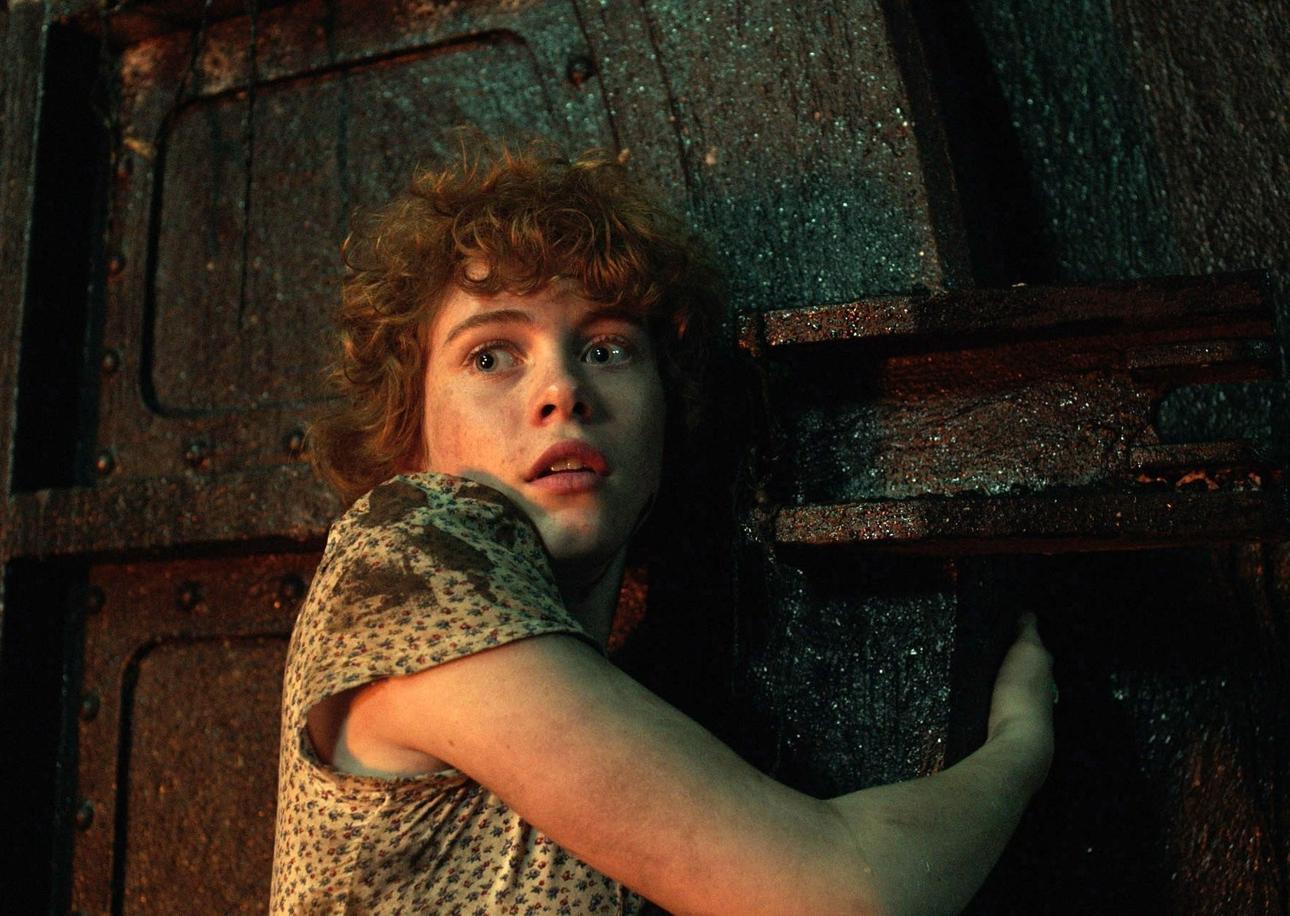9 Famous Thai Celebrities’ Cafes and Eateries in Thailand
A look at a list of Thai celebrities who own restaurants and ...

If you, like me, find horror films captivating, I’m guessing you’re also fascinated by the thrill and excitement that comes with the experience. Some people just love horror and can’t get enough of it. From shows like American Horror Story and The Haunting of Hill House, some of us just have an urge for thrilling suspense. At the same time, some people can’t stand horror shows and don’t want anything to do with it. But what is the psychology behind whether we love or hate horror?
The truth of the matter is: we all get scared. Our bodies are wired to have a physiological response. Where people differ is whether they enjoy it. According to researchers at the American Psychological Association, some people thrive on the intensity of scary activities like roller coasters and skydiving. Even if that’s the case, none of us actually want to experience real fear, as reported by Steve Joordens, psychology professor at the University of Toronto. Real fear, like being involved in an accident or attack, can be terrifying. But we do embrace a type of controlled fear, like watching gruesome murders from the comfort of our sofa, knowing we are not actually in any real danger.
Fright can trigger the release of adrenaline, allowing us to experience stimulation. Watching horror can stimulate us both mentally and physically in contradictory ways: positively with excitement and joy or negatively with fear or anxiety. Horror strangely satisfies a curiosity for the human psyche, and studying the darkest parts of what we’re capable of.
To be able to derive pleasure from horror, we must be able to form a psychological “protective frame”. According to Dangerous Edge: The Psychology of Excitement by Michael J. Apter, there are three categories of such frames.
1. The safety frame
Allows us to believe we are physically safe, and know that the horror we’re experiencing on-screen will not cause any actual harm to us.
2. The detachment frame
Allows us to psychologically detach from a horror experience. For instance, we can remind ourselves while watching a blood-spattered murder that they’re just actors with great talent.
3. The protective frame
Manages the level of danger we encounter. For instance, if a zombie is chasing us in a haunted house, we can still enjoy it if we are confident we could overcome that danger.
If these psychological protective frames are absent, the personal preference for horror will reduce, which explains why some people choose not to consume horror.

2021 Thai horror film ‘The Medium’
There are a few possible explanations why some people deeply enjoy horror. According to the experts, here’s why:
Research has shown people with a stronger need for experiencing thrill and excitement tend to enjoy horror-related experiences more, while those with a lower sensation-seeking trait will find them unpleasant. Openness to experience also plays a part in horror consumption, someone with stronger openness to experience may gravitate more towards horror.
People who don’t prefer horror might also be highly sensitive, meaning they are easily overstimulated by their surroundings and tend to be more empathetic than the average person causing them to have a more intense physiological reaction to violent films.
Some people even experience more joy when watching horror films with a loved one and see it as a way to connect with others because experiencing stressful or intense situations with a loved one ends up forming a deeper bond.
Another study from the University of Bonn reveals that fear also affects people at a genetic level, specifically via the COMT gene (catechol-O-methyltransferase), which directs how signals are transferred between nerves in the brain. According to the study, people who had two identical COMT genes had higher anxiety levels and were more susceptible to being terrified. On the other hand, those who had different versions of the gene were more likely to enjoy horror.
Understanding the psychology behind horror consumption might allow you to be drawn to horror even more. But there are also benefits to watching horror, including relieving stress and anxiety, being able to handle real-world stress better, and helping you face your fears. However, before soaking in the thrill, make sure to get your psychological frames in order!
A look at a list of Thai celebrities who own restaurants and ...
These top 5 barber shops in Bangkok are where gentlemen can elevate ...
Saturdays are already made for Salmon, now there's even more reason to ...
A detailed guide to hiking the Naga Cave, combining physical challenges with ...
While traditional TV shows are serving us endless boy-meets-girl tales. Thailand has ...
Sailorr and Molly Santana’s black grills fuse hip-hop swagger with homage to ...
Wee use cookies to deliver your best experience on our website. By using our website, you consent to our cookies in accordance with our cookies policy and privacy policy